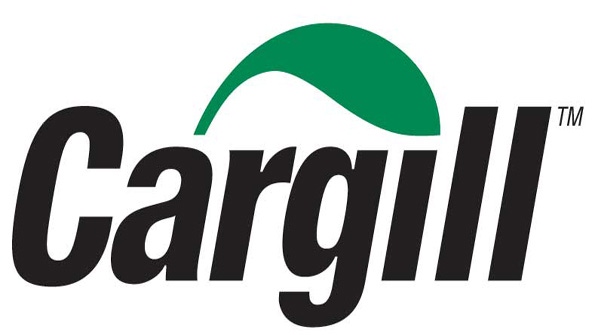- Livestock & Poultry Market news
- Agribusiness News
- Nutrition & Health
- Dairy Health and Nutrition
- Beef Health and Nutrition
Three-year program aims to accelerate learning, support producers in understanding opportunities.
July 9, 2021

So often in agriculture, producers are leading efforts that advance the industry as a whole. Such is the case with dairy-beef crossbreeding, or ��“beef on dairy.” The producer-led practice has the potential to help the North American beef and dairy industries advance efficiencies of the supply chain and address climate change, while continuing to provide consumers with high-quality protein.
Recognizing the role research and innovation play in advancing the beef and dairy industries, Cargill is collaborating with industry partners to create the Dairy Beef Accelerator, a three-year program to accelerate learning, and support producers in better understanding the opportunities of “beef on dairy.”
An early outcome of this project is research conducted by Texas Tech University, which provides additional insight into the sustainability impact of the practice, as well as benefits to beef and dairy producers.
The study demonstrates promising benefits for producers, the environment and consumers. For example, initial research indicates:
Compared to purebred dairy calves, ‘beef on dairy’ calves can provide higher-quality beef products without impacting current milk production efficiencies.
“Beef on dairy” calves show greater feed efficiency (compared to purebred dairy calves), which lowers the environmental footprint associated with their production.
Increased feed efficiency significantly reduces greenhouse gas (GHG) emissions.
The practice benefits meat quality. ‘Beef on dairy’ delivers increased volumes of higher-grading beef carcasses, providing feedyard operators more access to value-based marketing opportunities as well as pass-back — beef on dairy calves are more valuable in the marketplace for dairies than purebred dairy calves
“Producers are at the forefront of leading the industry as whole, advancing both the efficiency and resilience of the food system. The beef and dairy industries have the opportunity to work together to produce even more efficient beef animals. Crossbreeding dairy cows to complementary beef sires can advance sustainability by reducing the environmental impact and improving profitability,” said Dale Woerner, Ph.D., Texas Tech University.
Over the coming years, the Dairy Beef Accelerator will provide resources to help interested beef and dairy producers begin their journey to “beef on dairy,” as well as create opportunities for peer-to-peer learning and sharing of experiences with the practice.
“Connectivity across the beef and dairy supply chains is critical to further understanding the potential impact of beef-on-dairy crossbreeding. We have a role to advance understanding of the practice by investing in research, while providing support to remove barriers for interested producers,” said Heather Tansey, sustainability director of Protein & Salt and Animal Nutrition & Health at Cargill.
The initiative ladders up to Cargill’s BeefUp Sustainability initiative, a commitment to achieve 30% greenhouse gas (GHG) intensity reduction across our North American beef supply chain by 2030.
You May Also Like

.png?width=300&auto=webp&quality=80&disable=upscale)

